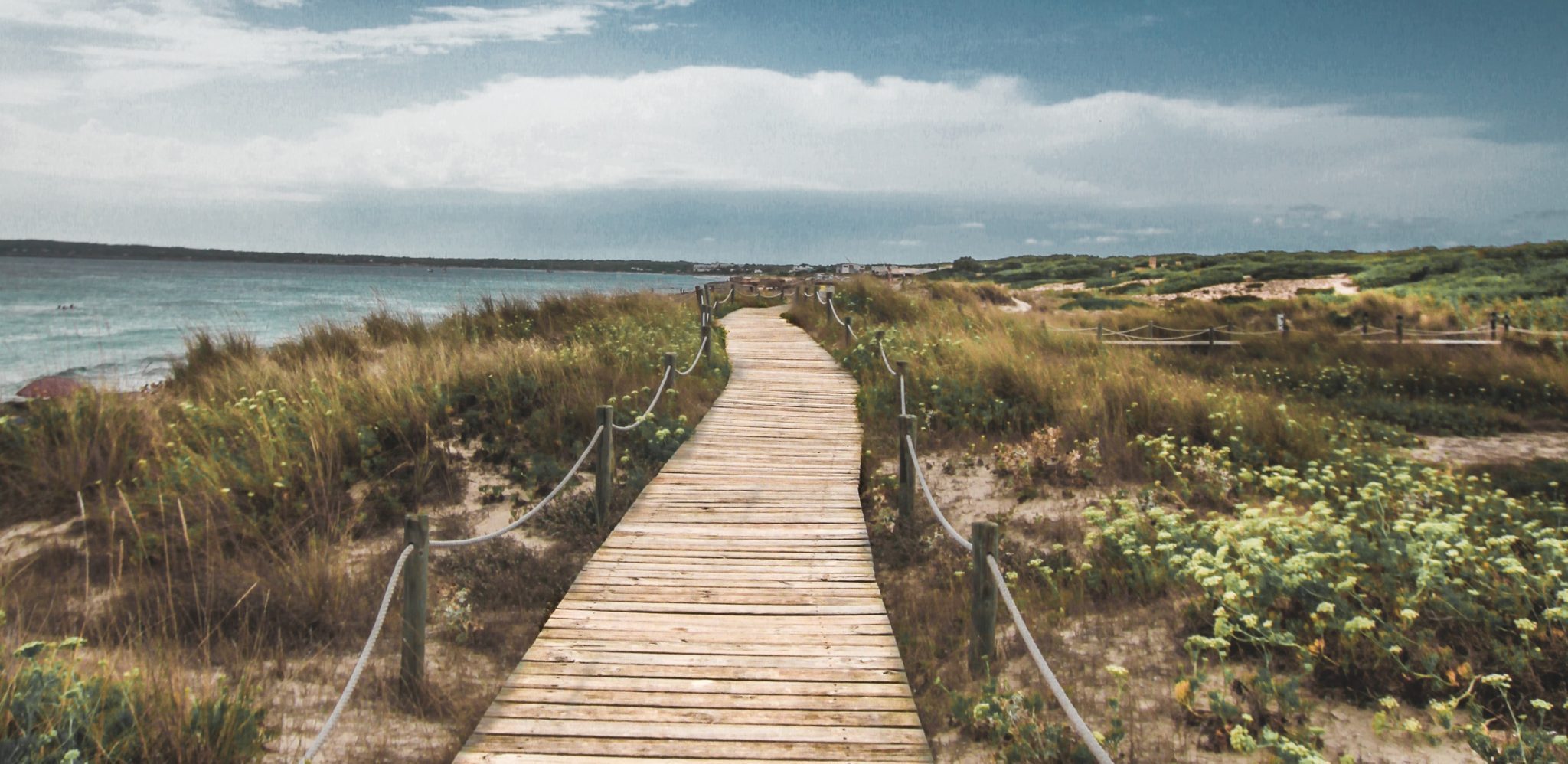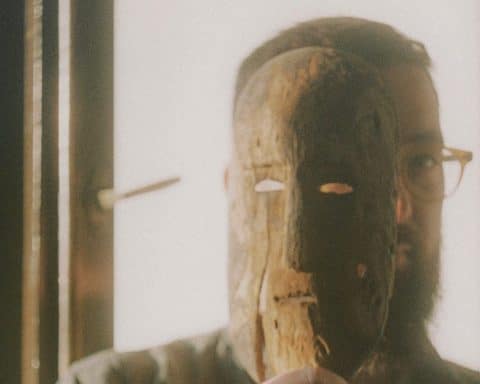 Ben Hoban is a GP in Exeter.
Ben Hoban is a GP in Exeter.
As in life, few things in medicine are certain, and in any clinical encounter, we must consider carefully the chances that someone’s symptoms have a serious underlying cause, that a given intervention will be effective, or that we have missed something important. Uncertainty can be reduced or mitigated, but it remains a fact of life, defining the terrain across which doctors and patients must find their way.1 There are guidelines and expert opinions to help us, like maps on which the preferred route is clearly marked, but they are not always a good match for the landscape in which we find ourselves. The path between where we are now and where we need to be has a habit of petering out, and blood tests and scans do not always help, sometimes giving us just a more technical class of uncertainty. From a patient’s perspective too, the road leading from illness back to health can be difficult to follow, even when we have a reasonable working diagnosis and management plan.
In the absence of complete certainty, then, any course of action must involve a step into the unknown, requiring at least a basic confidence that we are not walking into disaster.
In the absence of complete certainty, then, any course of action must involve a step into the unknown, requiring at least a basic confidence that we are not walking into disaster. Can any of us be totally sure that the world will still be here tomorrow morning? And yet we set our alarms all the same, just as patients take their medicine with the expectation that it will do them good. The placebo effect is the clearest demonstration that expectations matter, and it is about people as much as pills.2,3 Patients responding more strongly to placebos tend to score highly in personality tests for extraversion, agreeableness, and openness to experience, as opposed to caution, rationality and reserve; and their doctors consult with attention, warmth, thoughtful silence, and, perhaps most importantly, confidence.
As a profession, we are ambivalent about placebos. The designers of every Randomized Controlled Trial acknowledge their importance, although their deliberate use seems too much like a confidence trick4 for us to view them as legitimate clinical tools.5 A con is a deception spun from lies, but the surprising truth about placebos is that they can still work even if everyone knows exactly what they are.6 A patient’s confidence may be focussed on a particular treatment, and originate in a positive interaction with their doctor, but it is still their confidence that produces the observed therapeutic effect. The miracle cure and the charismatic super-doctor are context-specific examples of this which we might hesitate to endorse, but there is no reason why the effect may not simply be that the patient feels empowered to get better, with no trickery or pills involved.
Plenty of people visit their doctor because they want to be told what’s wrong and given a prescription.
Plenty of people visit their doctor because they want to be told what’s wrong and given a prescription. Many also come in order to share their uncertainties, and together find a reasonable way through them. Our role is not to pretend that we have all the answers, but nor is it to sit on the sidelines simply because we don’t. If we are to empower patients by giving them the confidence to step into the unknown, we cannot do it primarily by being certain, but by acting in good faith when there is no certainty, just as bravery does not mean being fearless, but rather taking action in the face of our fears. Our base may be located within the citadel of medical knowledge, but I would like to suggest that we come into our own as GPs when we agree to accompany the sick on their journey outside its walls, out of neither ignorance nor recklessness, but in order that they should not have to travel there alone. We have a professional obligation to keep up to date, and our patients will hopefully take it as read that we know what we are doing. They are more likely to thank us, though, for also having taken the trouble to walk alongside them when they needed it. The drug “doctor,” like any other, may function at times as a placebo,7 but it is nevertheless an effective means of helping those forced to cross the rough ground of illness, and one which they still seem to appreciate.
Deputy editor’s note: see also –https://bjgplife.com/the-power-of-placebos-how-the-science-of-placebos-and-nocebos-can-improve-healthcare/
References
- Uncertainty in Medicine: a Framework for Tolerance, Paul K. J. Han, OUP USA, 2021
- Finniss, Kaptchuk, Miller & Benedetti, Biological, Clinical and ethical advances of placebo effecst, Lancet 2010; 375: 686-95
- Enck, Bingel, Schedlowski & Rief, The placebo response in medicine: minimize, maximize or personalize? Nature reviews: drug discovery 2013; 12: 191-204
- The Confidence Game: The Psychology of the Con and Why We Fall For It Every Time, Maria Konniknova, Canongate Books 2016
- Margrit Fässler, Markus Gnädinger, Thomas Rosemann, Nikola Biller-Andorno, Placebo interventions in practice: a questionnaire survey on the attitudes of patients and physicians, British Journal of General Practice 2011; 61 (583): 101-107. DOI:3399/bjgp11X556209
- von Wernsdorff M, Loef M, Tuschen-Caffier B, Schmidt S. Effects of open-label placebos in clinical trials: a systematic review and meta-analysis. Sci Rep. 2021 Feb 16;11(1):3855. doi: 10.1038/s41598-021-83148-6. Erratum in: Sci Rep. 2021 Aug 25;11(1):17436. PMID: 33594150; PMCID: PMC7887232.
- Shaul Bar-Haim, ‘The Drug Doctor’: Michael Balint and the Revival of General Practice in Postwar Britain, History Workshop Journal, Volume 86, Autumn 2018, Pages 114–132, https://doi.org/10.1093/hwj/dby017
Featured photo by Miguel Bruna on Unsplash






